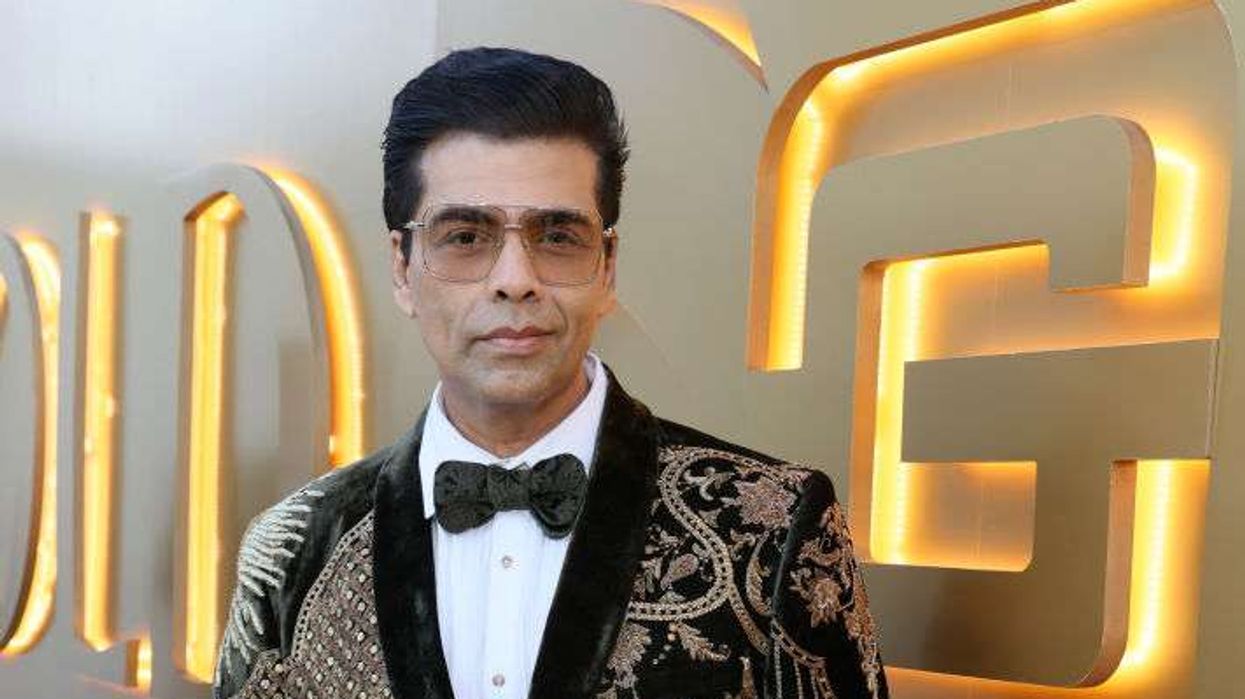Highlights:
- Karan Johar sold 50% of Dharma Productions to billionaire Adar Poonawalla in a deal worth £100 million.
- Creative decisions will now be weighed against profitability.
- Johar credits coo Apoorva Mehta for steering the company’s business operations.
A strategic partnership for growth
Filmmaker Karan Johar spoke about selling 50% of Dharma Productions to businessman Adar Poonawalla, a move aimed at expanding the studio’s creative and commercial reach. The deal, valued at ₹1,000 crore (around £100 million), was executed through Poonawalla’s serene productions. Johar retains the remaining 50% stake, while Apoorva Mehta continues as executive chairman and ceo.
Speaking to Komal Nahta on his YouTube series Game Changers, Johar said: “I had many dreams that weren’t fulfilled due to funding constraints. I was very clear that I was okay selling 50% of equity because I wanted to expand and leave legacies within the company.”
The role of friendship and trust
Johar revealed that his personal connection with Poonawalla and his wife, Natasha, influenced the partnership. “Adar picked up the phone one day and said he was interested. I initially told him this isn’t your business, but he also wanted to expand,” he said.
He emphasised that the deal did not compromise his creative control: “We haven’t lost any creative freedom. There are checks and balances because having a partner makes you more accountable. Aadar is compassionate and sharp in business. We lean on him for advice when exploring bigger deals.”
Business oversight and profitability
Johar credited Apoorva Mehta for Dharma’s disciplined financial management. “Apoorva is the most correct human. Our accounts are perfect down to the last rupee. He runs Dharma like a well-oiled machine. Without him, I would have fallen apart. I am creative, not business-minded, and he has been the backbone,” Johar said.
For the first time, Johar said, he is making creative decisions with profitability in mind. “Before this, there was no accountability. Now, Apoorva keeps me on my toes. He says, ‘not profitable, don’t do it,’ which sometimes feels upsetting, but growth comes from profit. I want to remain artistic, but I also need to be commercial.”
He cited his film Homebound, critically acclaimed worldwide, as an example of projects he might now reconsider: “I can’t say if I’ll make such films in the future. I will feel upset, but this deal is about growth.”
From boutique studio to expanding enterprise
Johar stressed that dharma was already profitable before the deal. “It’s not like our company was in jeopardy. We were a zero-debt, boutique studio. We did this deal to unlock growth potential that would have otherwise been limited,” he said.
With the new partnership, Dharma has launched a distribution arm, and discussions are ongoing to expand the music division. Johar said the move allows the studio to pursue larger-scale projects while balancing commercial and artistic goals.





